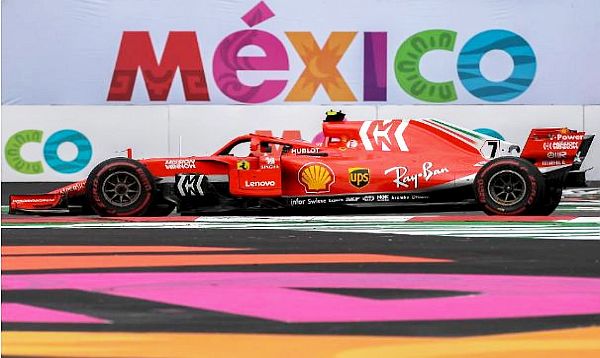Hotels in Mexico City recorded their highest-ever monthly revenue in October 2018 as its Formula One auto race helped to drive total takings to $120.4 million.
The Grand Prix takes place at the historic Autodromo Hermanos Rodriguez in the heart of Mexico's capital city. It returned to the race calendar in 2015 after a 23-year hiatus and soon became one of the most popular rounds. Last year it had the second-highest attendance of any F-1 race with 334,946 spectators streaming through the turnstiles.
Despite its popularity, the future of the race is in jeopardy as its contract expires at the end of this year, and the government recently announced plans to put the brakes on its funding.
Speaking to Mexican business newspaper El Financiero, Claudia Sheinbaum, the head of government for Mexico City, said that "the federal government has no longer committed this resource because it is earmarking most of the funds to the completion of the Mayan tourist train."
The rail link will connect major cities in south-east Mexico and has a high-octane price tag of $7.8 billion. It explains why the government is giving the red light to the $21 million it reportedly contributes to the Grand Prix every year even though the race drives a turbo-charged return.
In 2017 it generated economic impact of $439 million according to a report commissioned by Corporacion Interamericana de Entretenimiento (CIE), the live entertainment company which organizes the Grand Prix. The government recoups its investment through increased spending by spectators and data from hospitality analyst STR shows that hotel revenue alone is $24.1 million higher in Mexico City as a result of the race.
STR is one of the leading sources of hotel performance trends on a daily and monthly basis with its data sample in the industry comprising more than 58,000 properties and 7.8 million rooms. The impact of the Grand Prix on Mexico City hotels can clearly be seen by comparing their takings during race week in October last year with the same period in 2014, the year before the event returned to the calendar.
Original article


